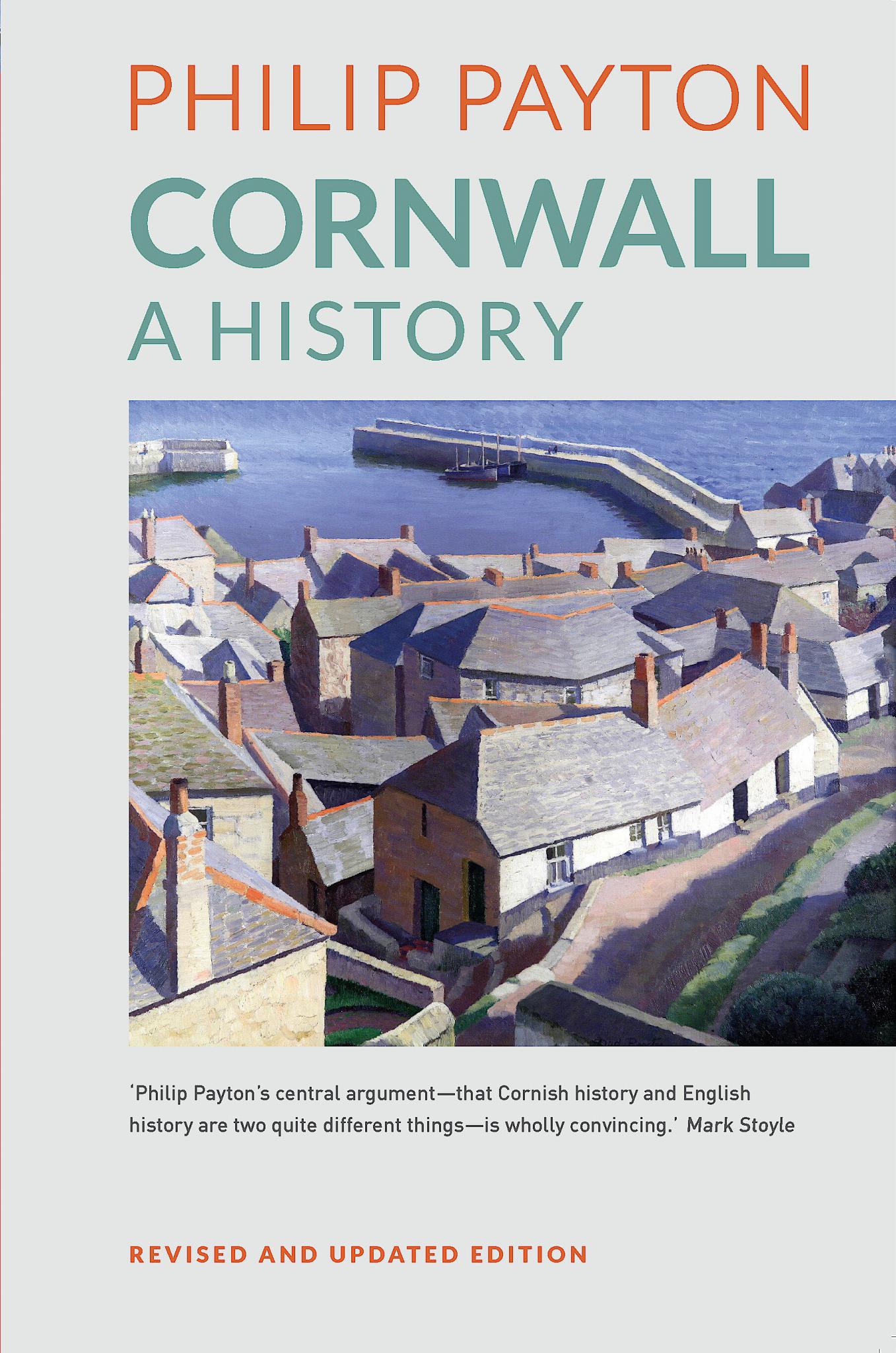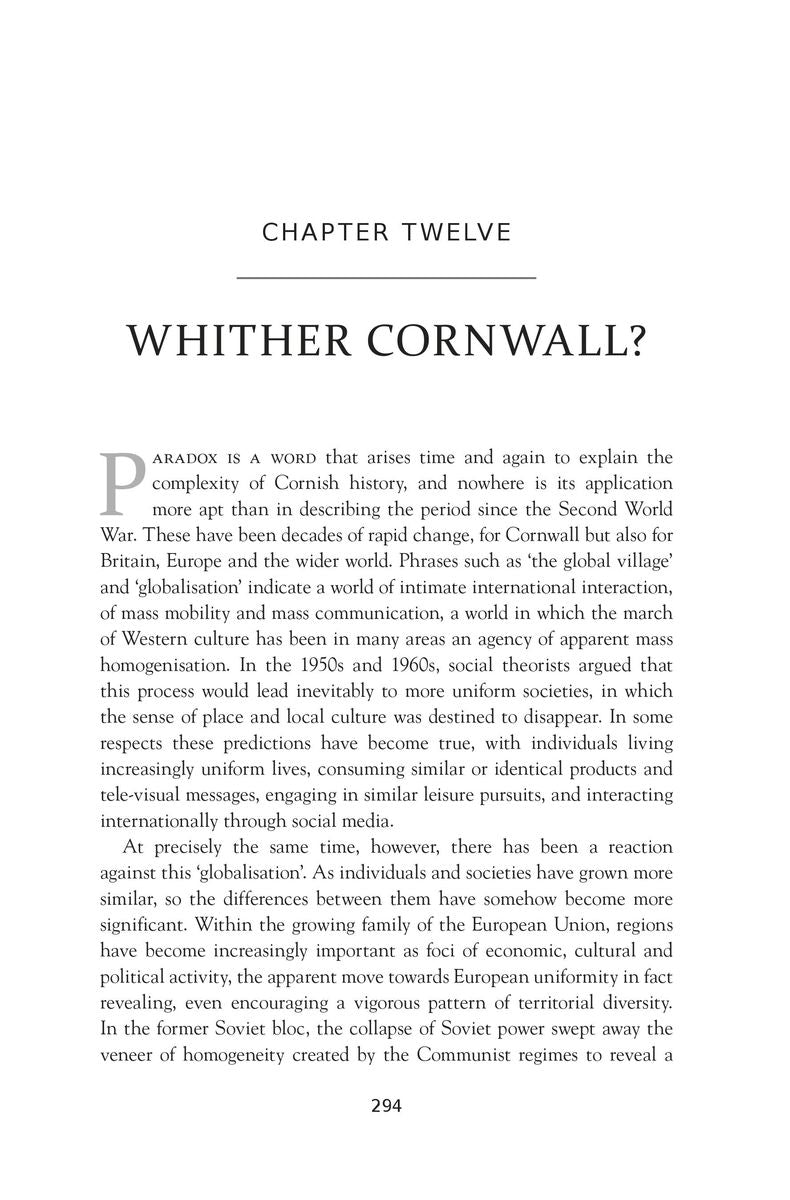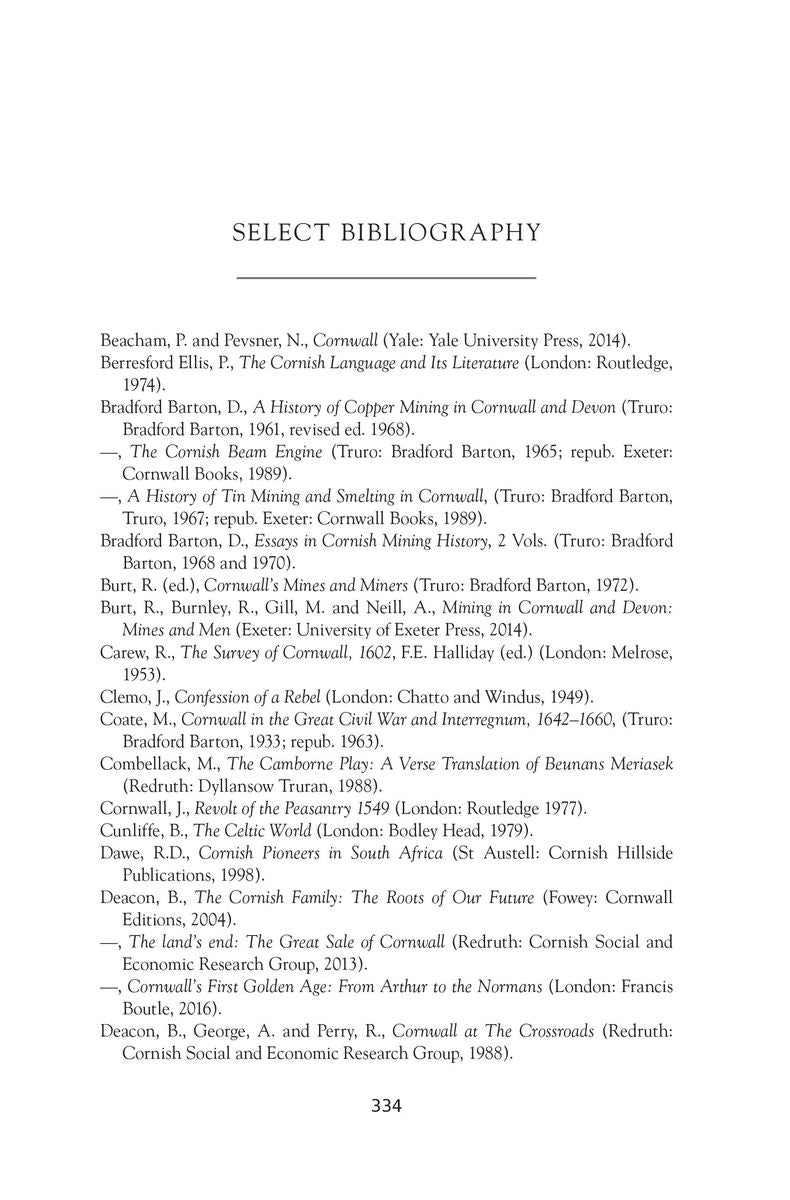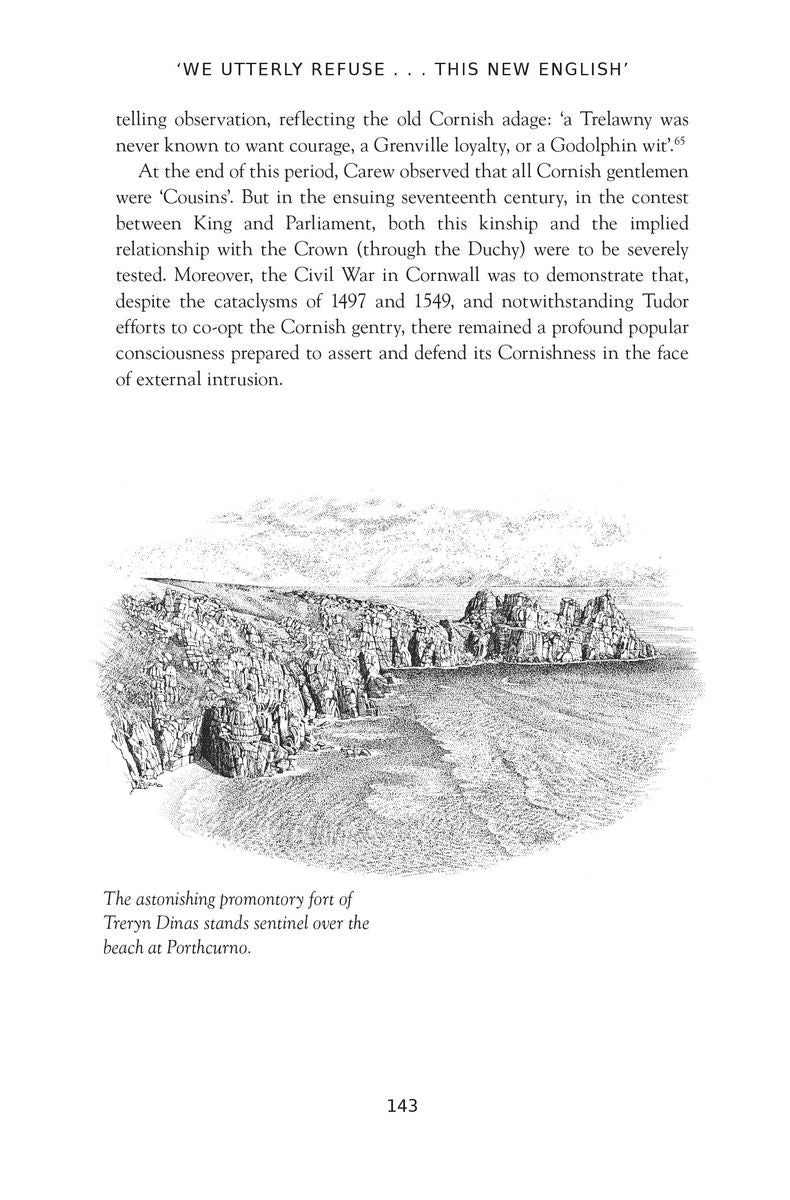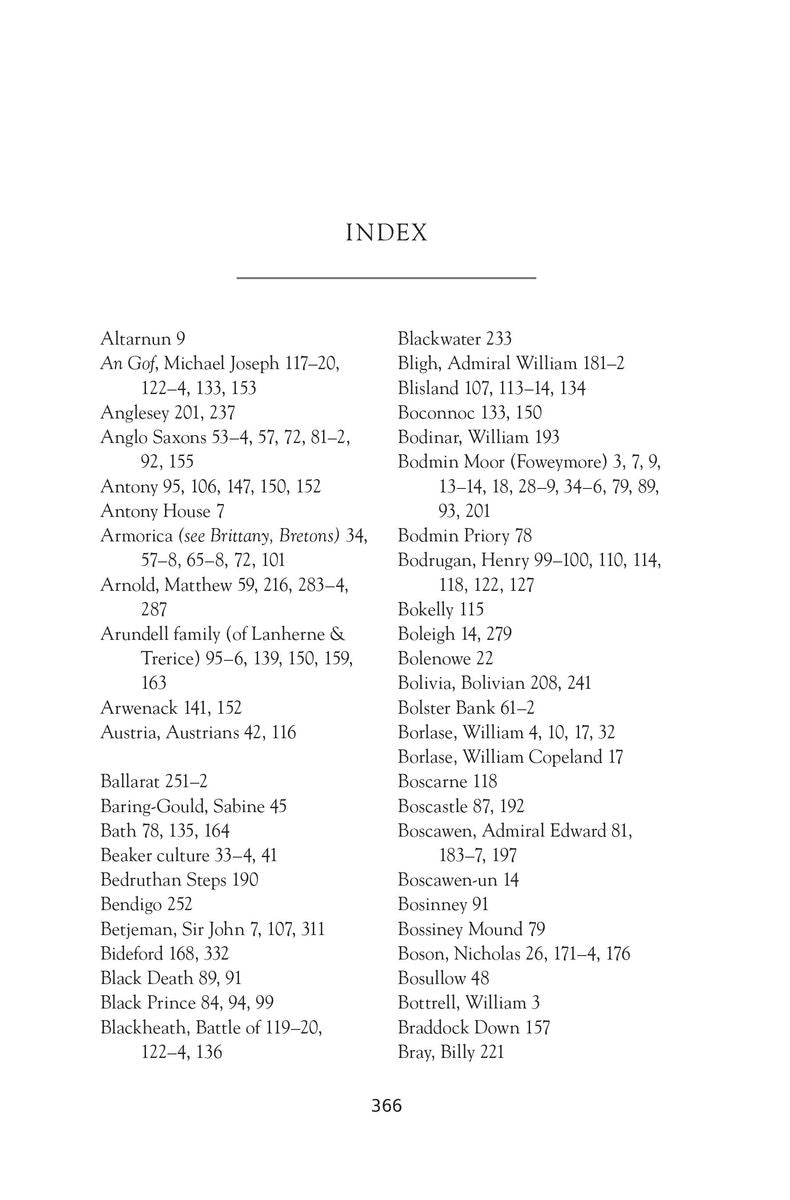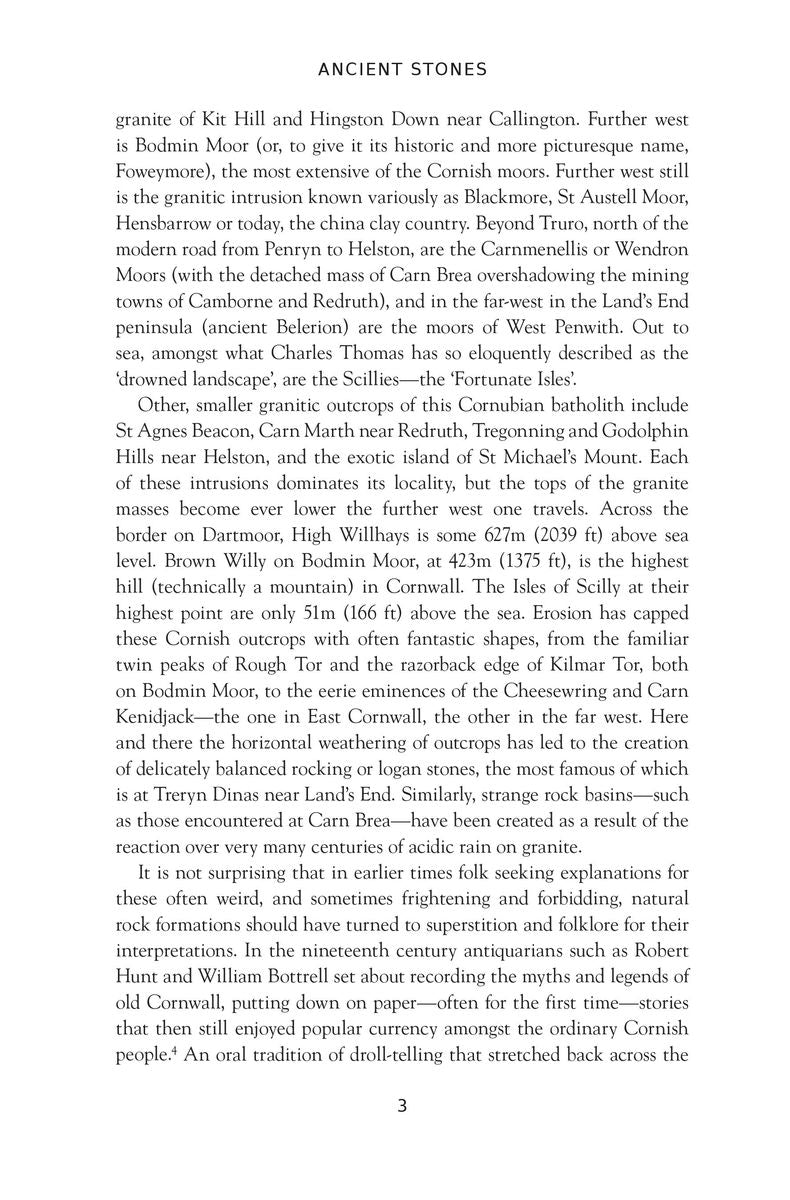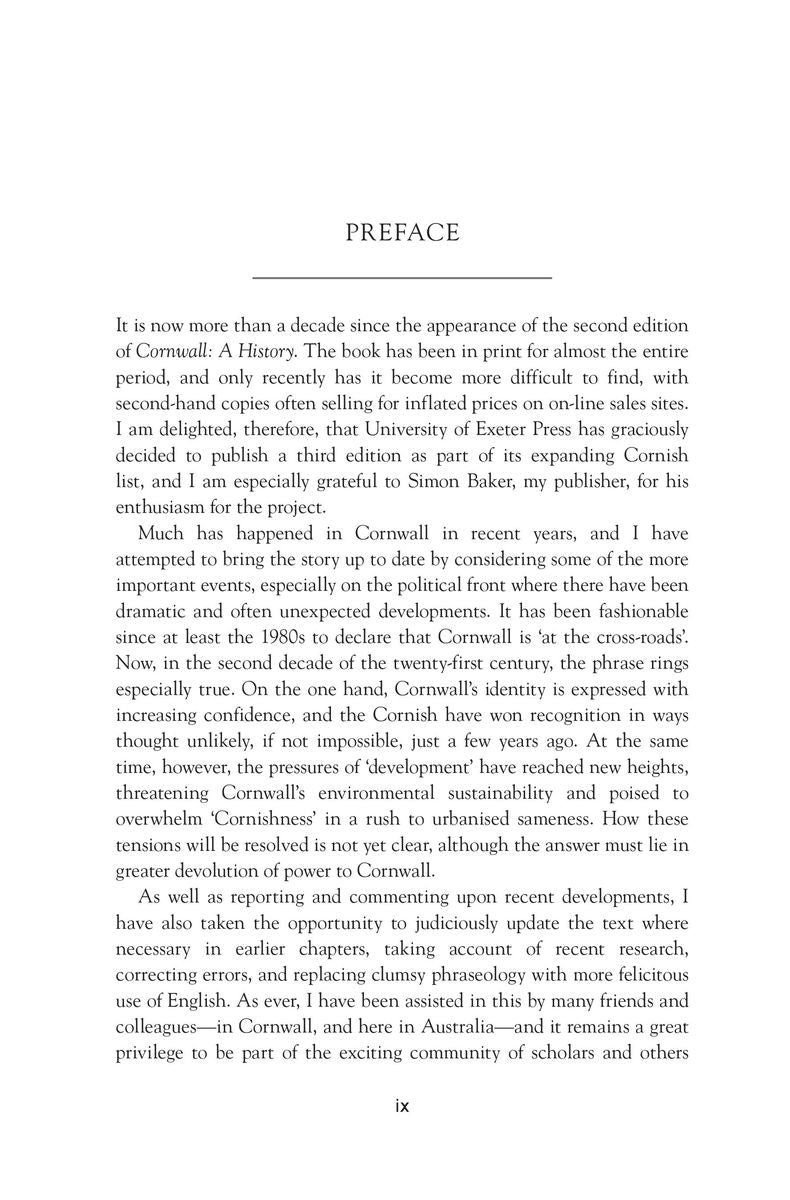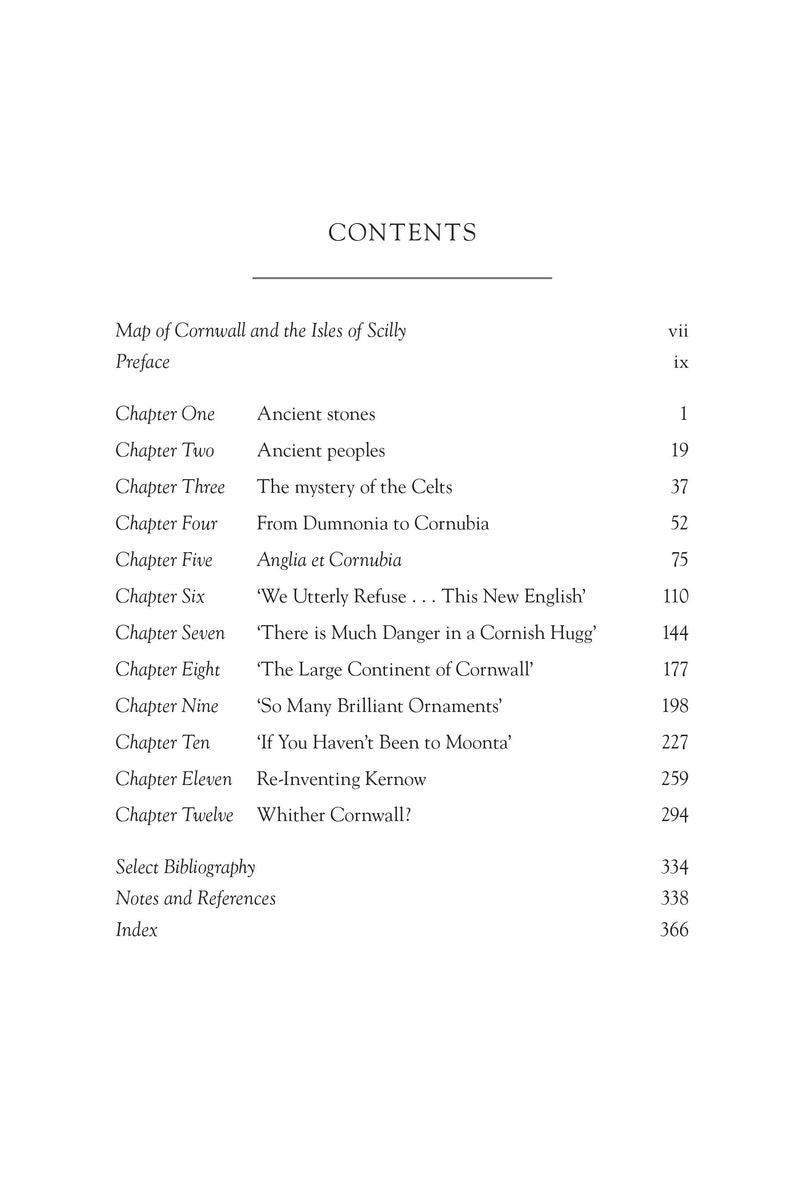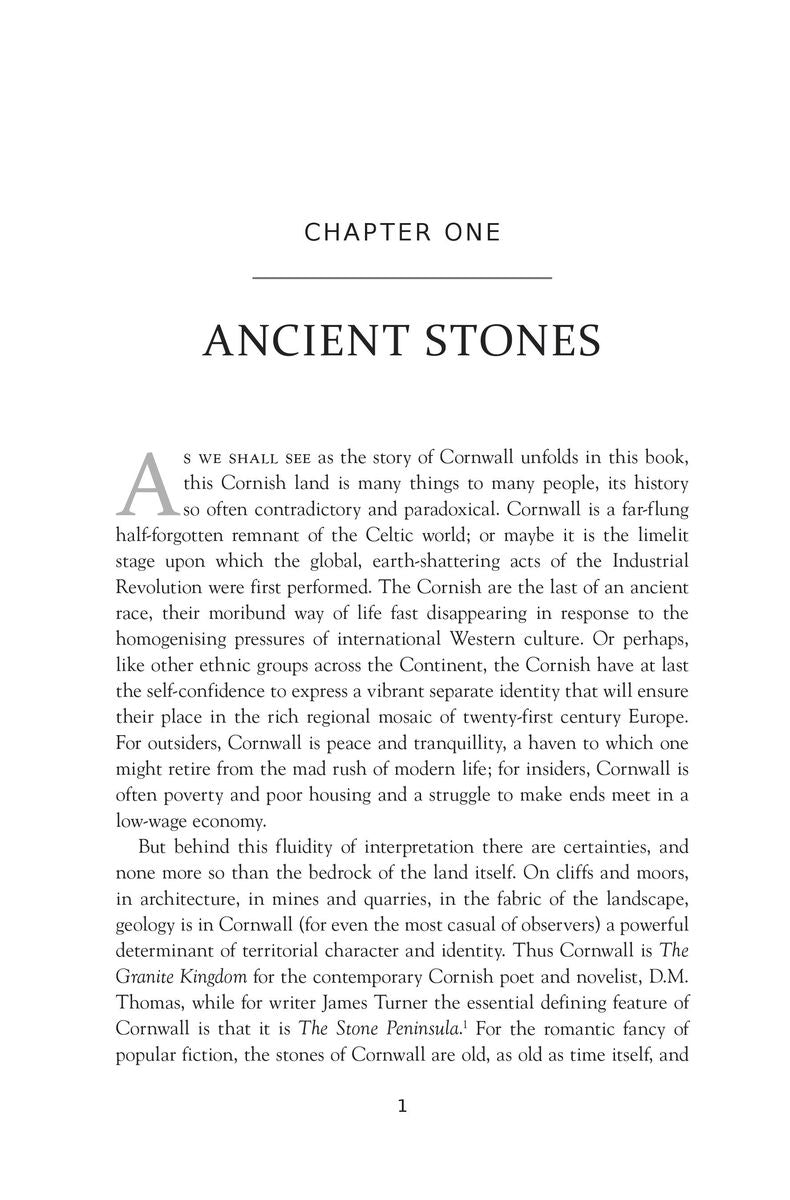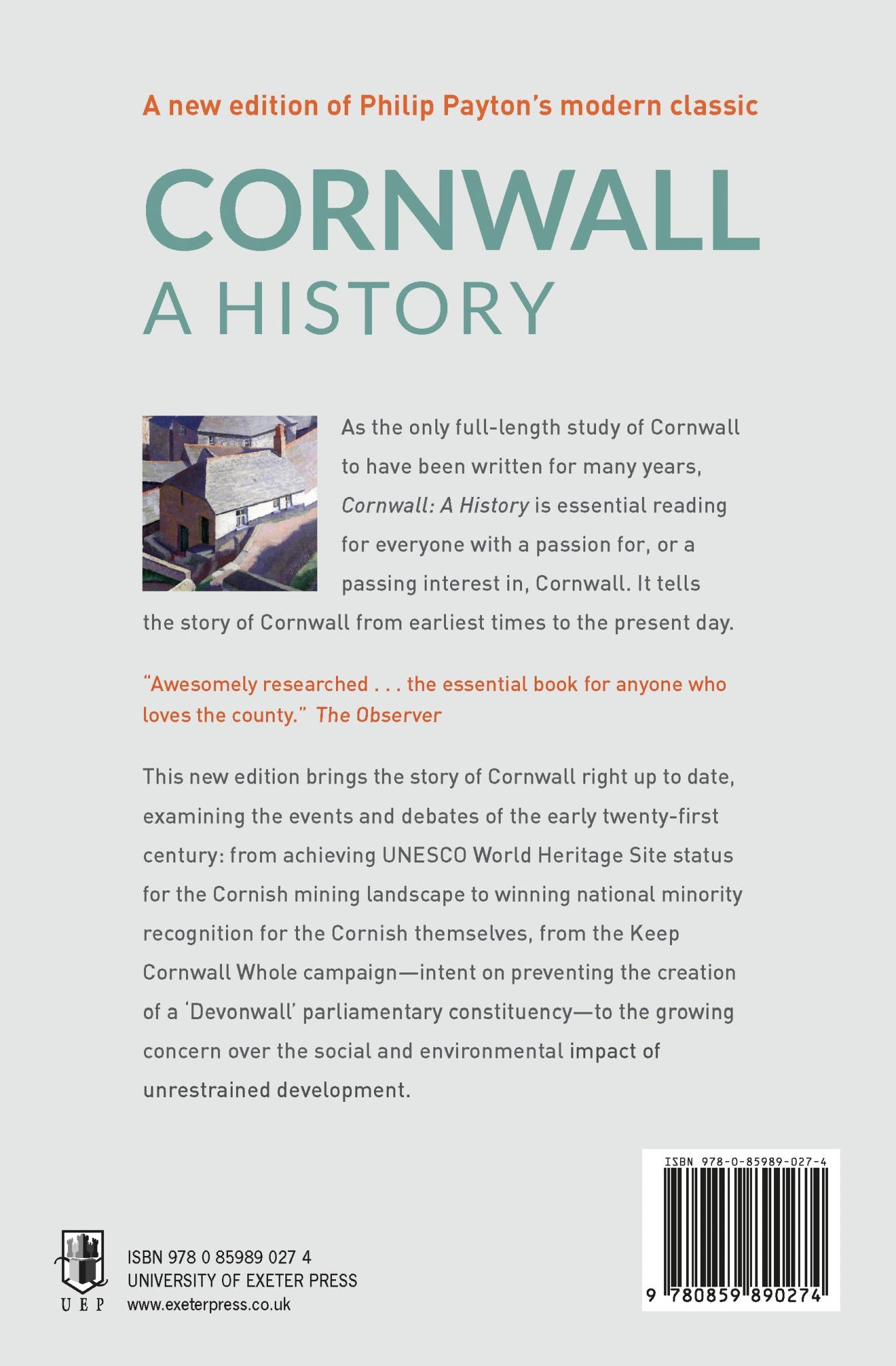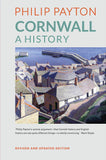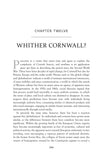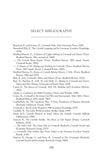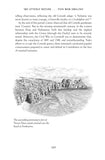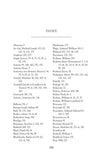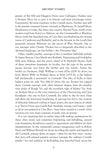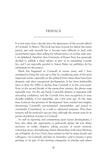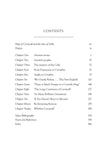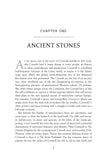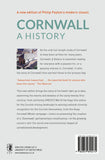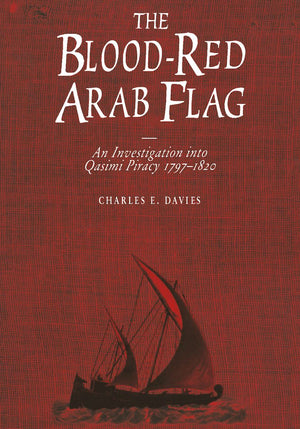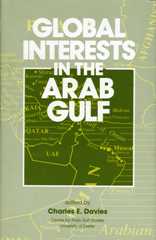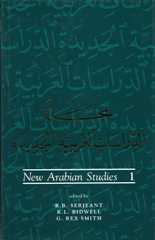University of Exeter Press
Cornwall: A History
Revised and updated edition
Couldn't load pickup availability
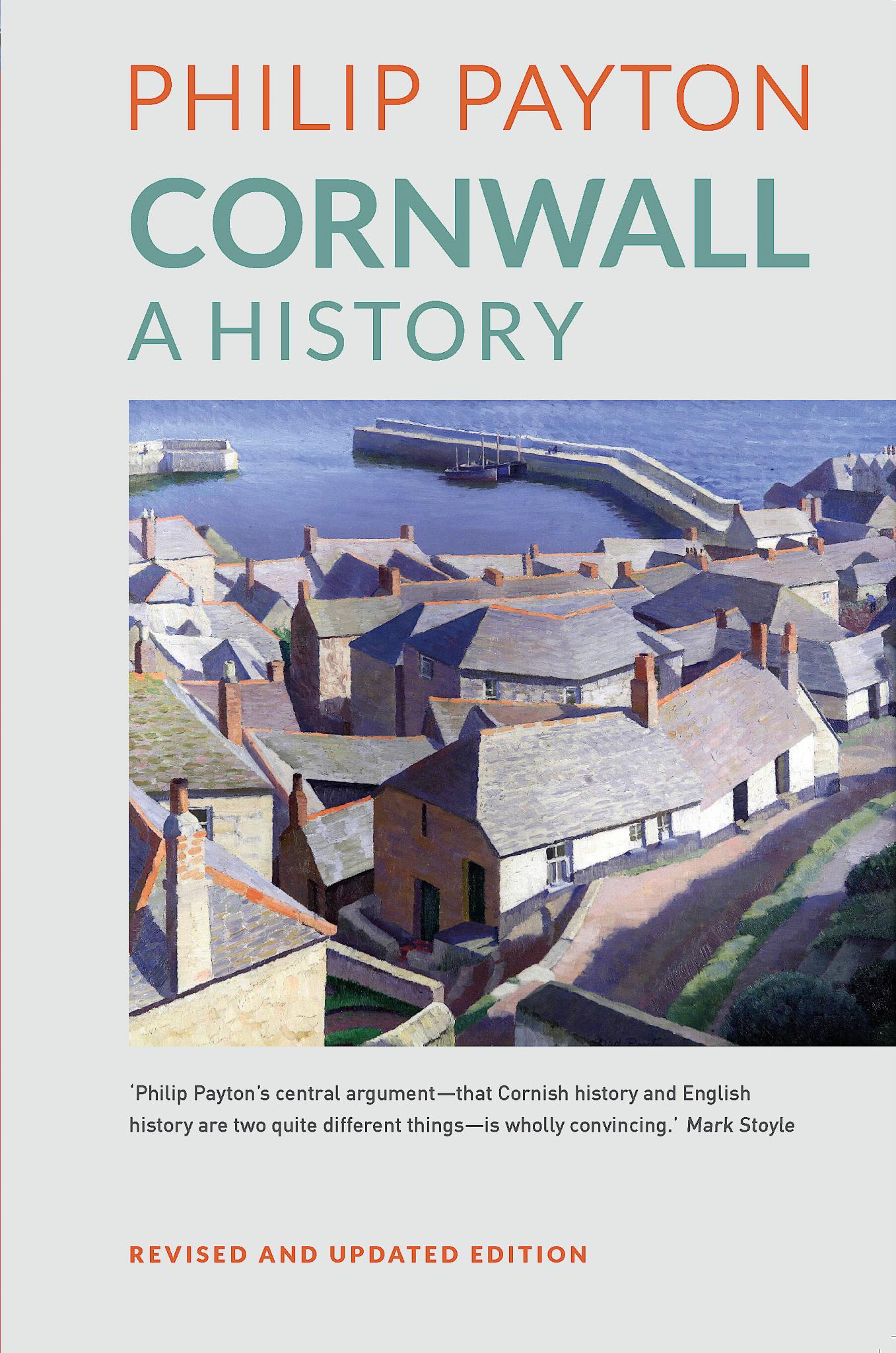
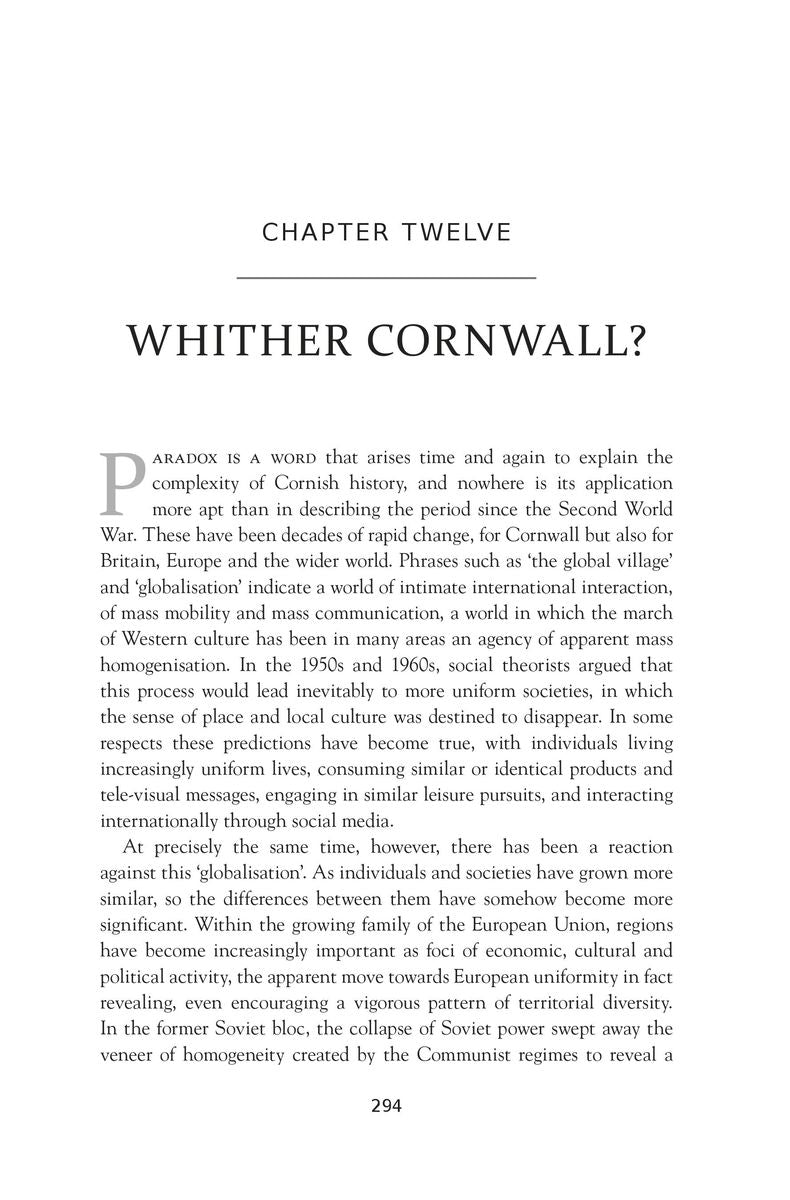
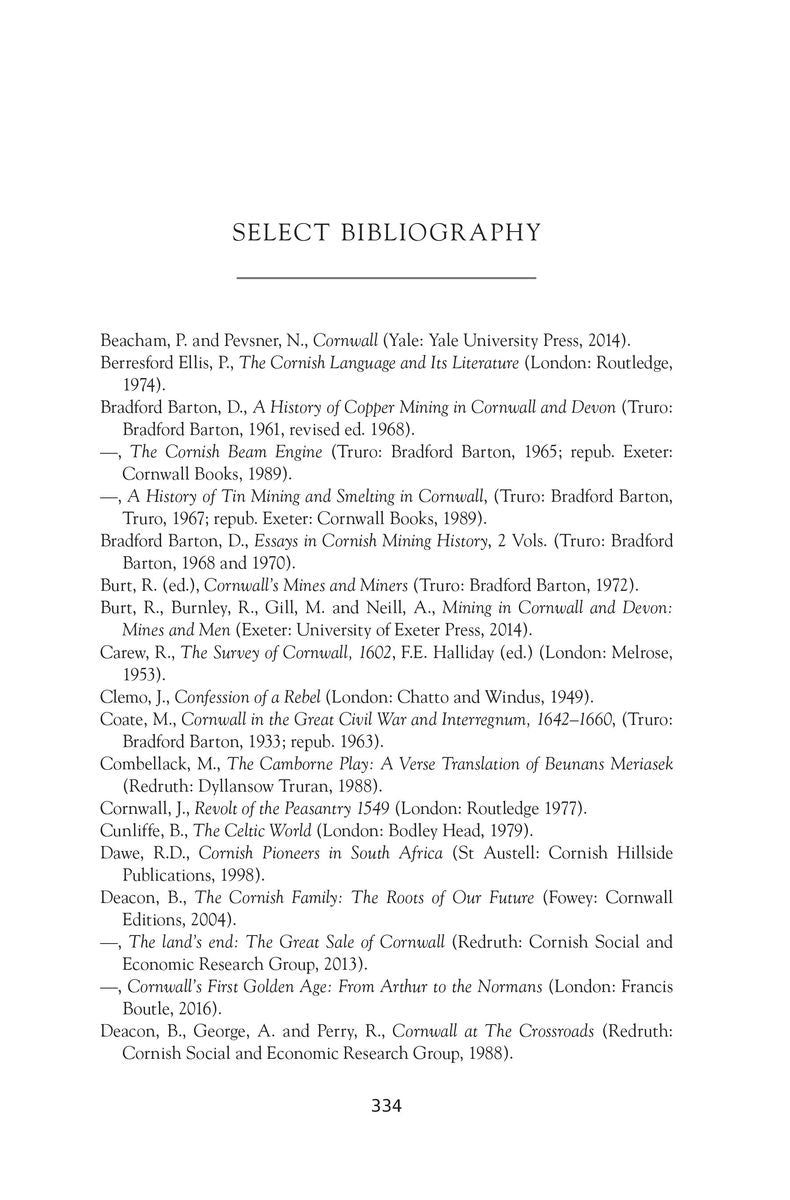
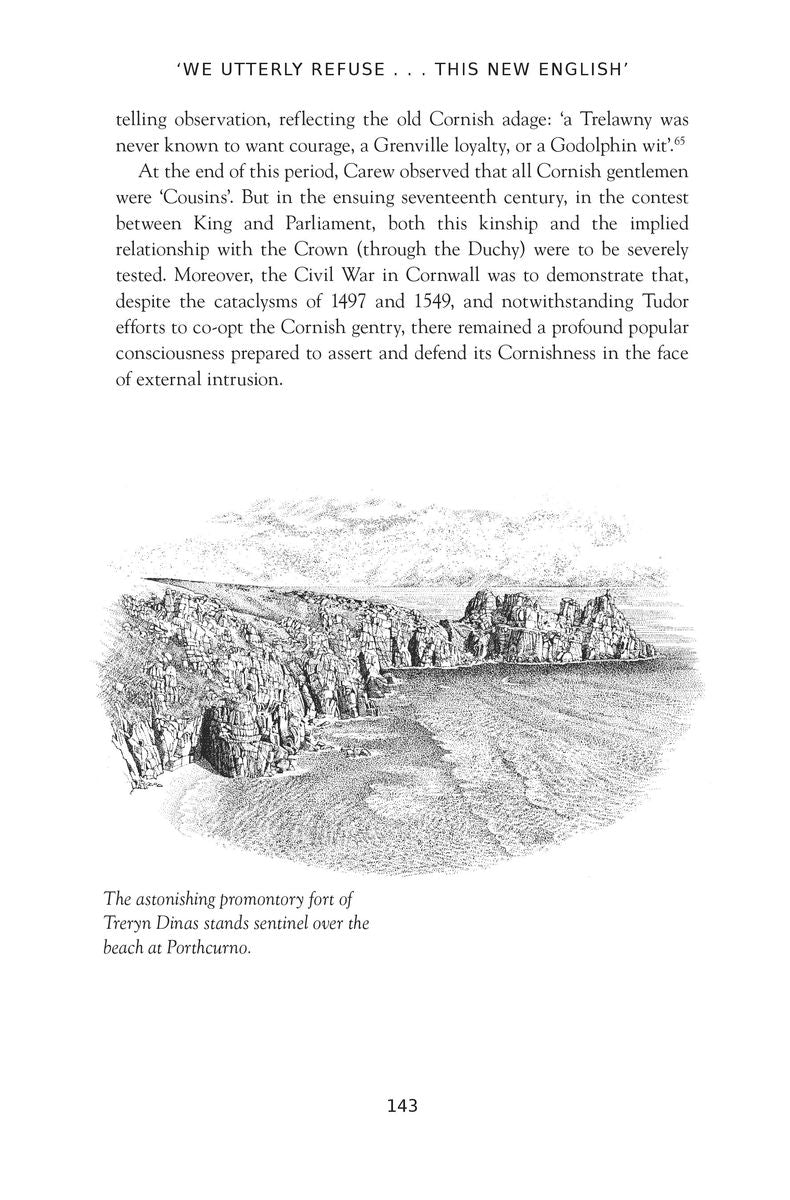
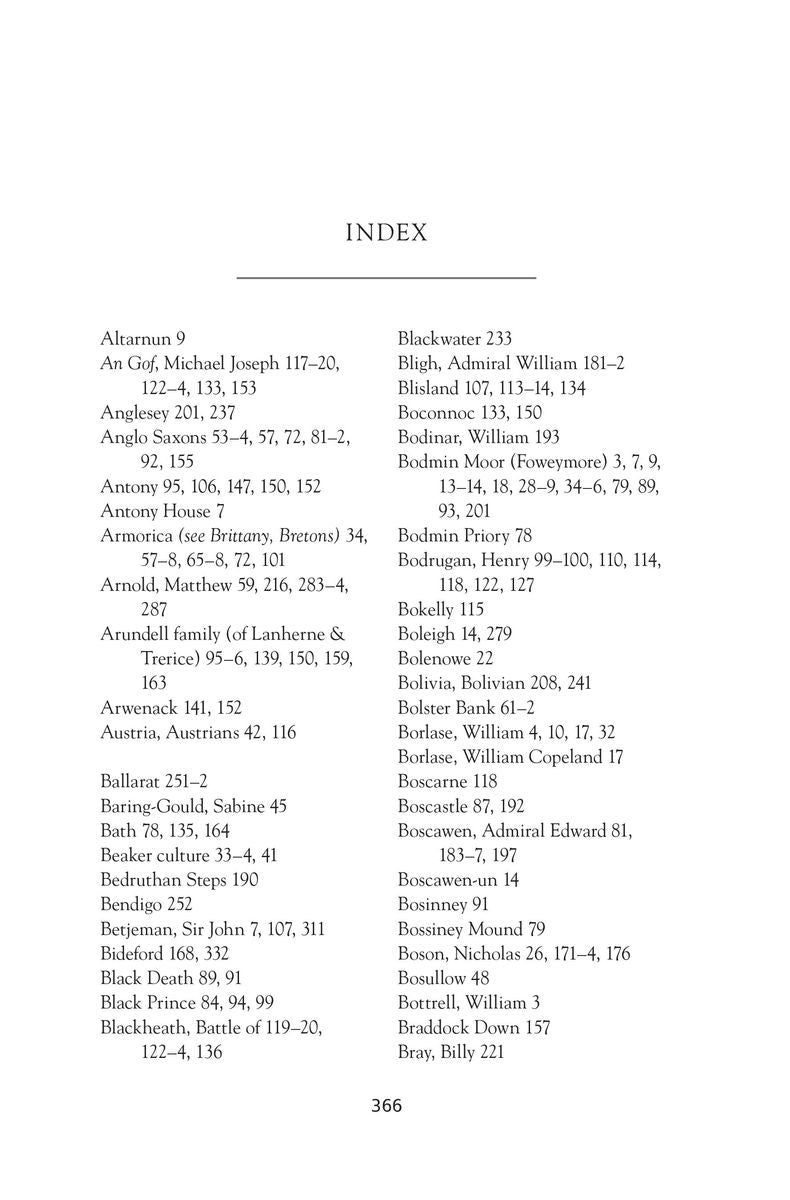
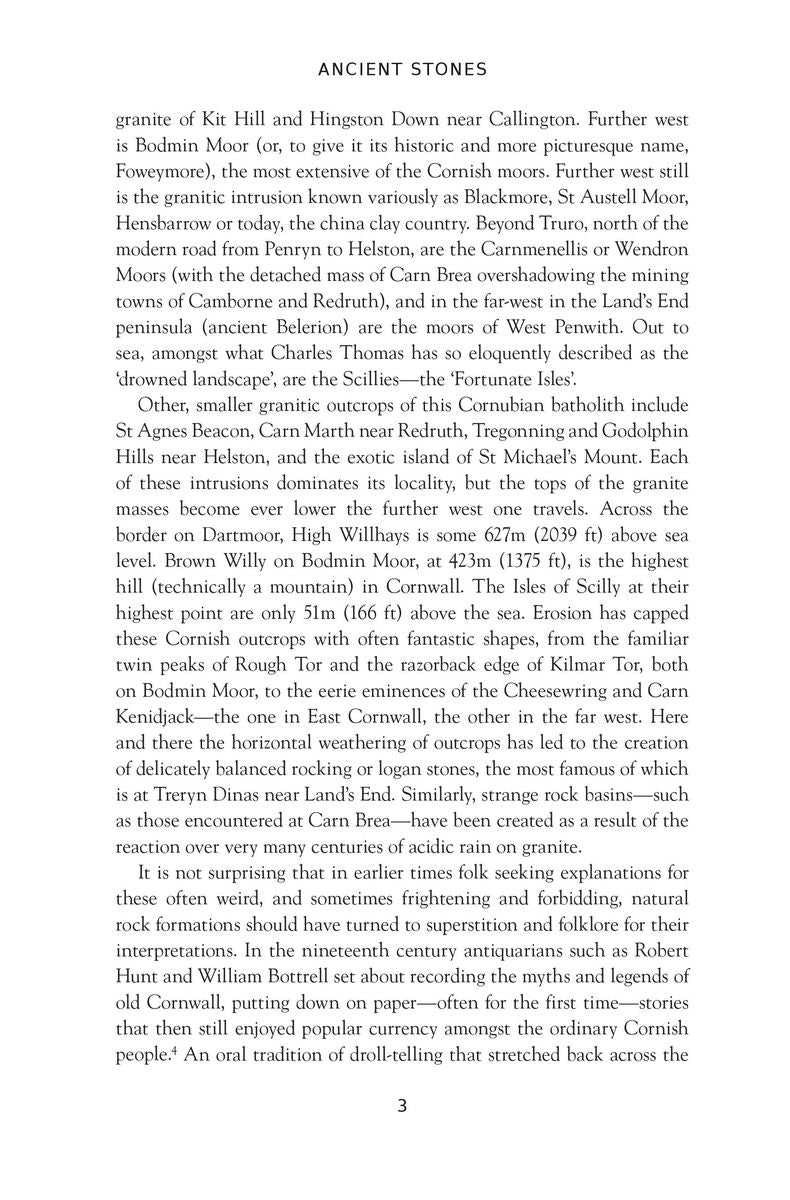
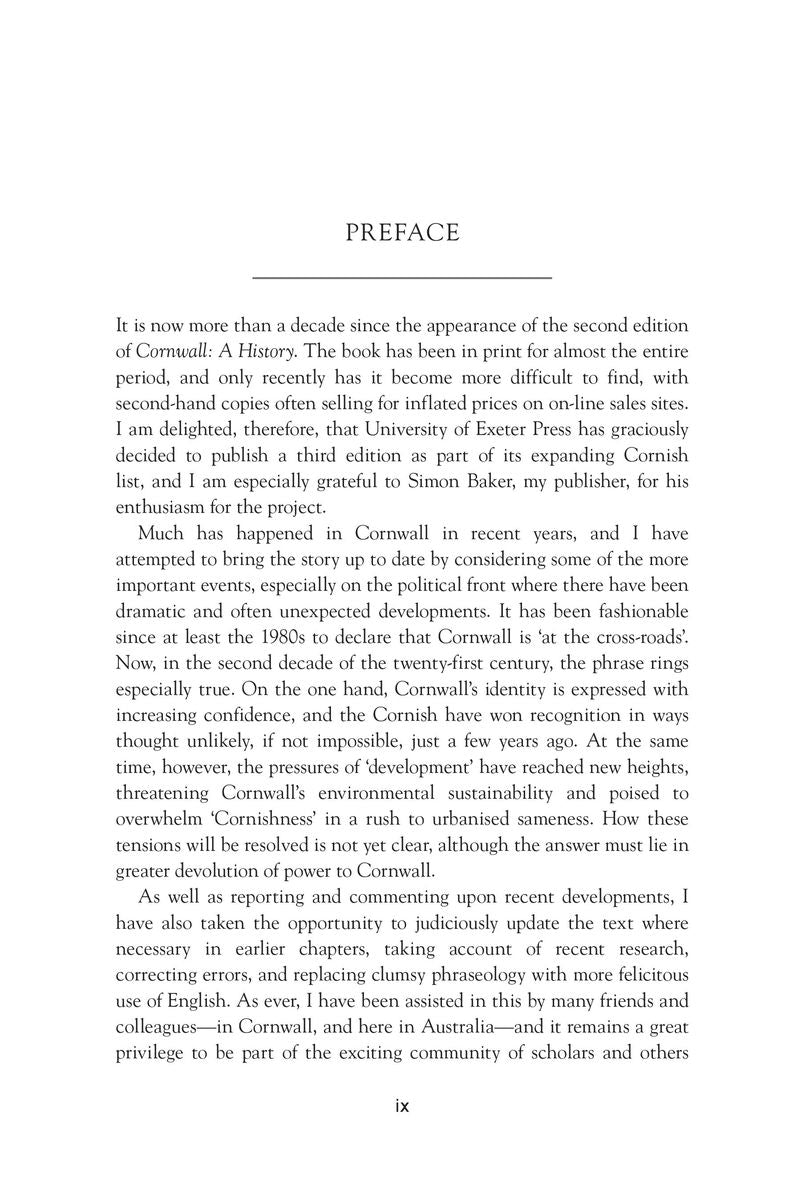
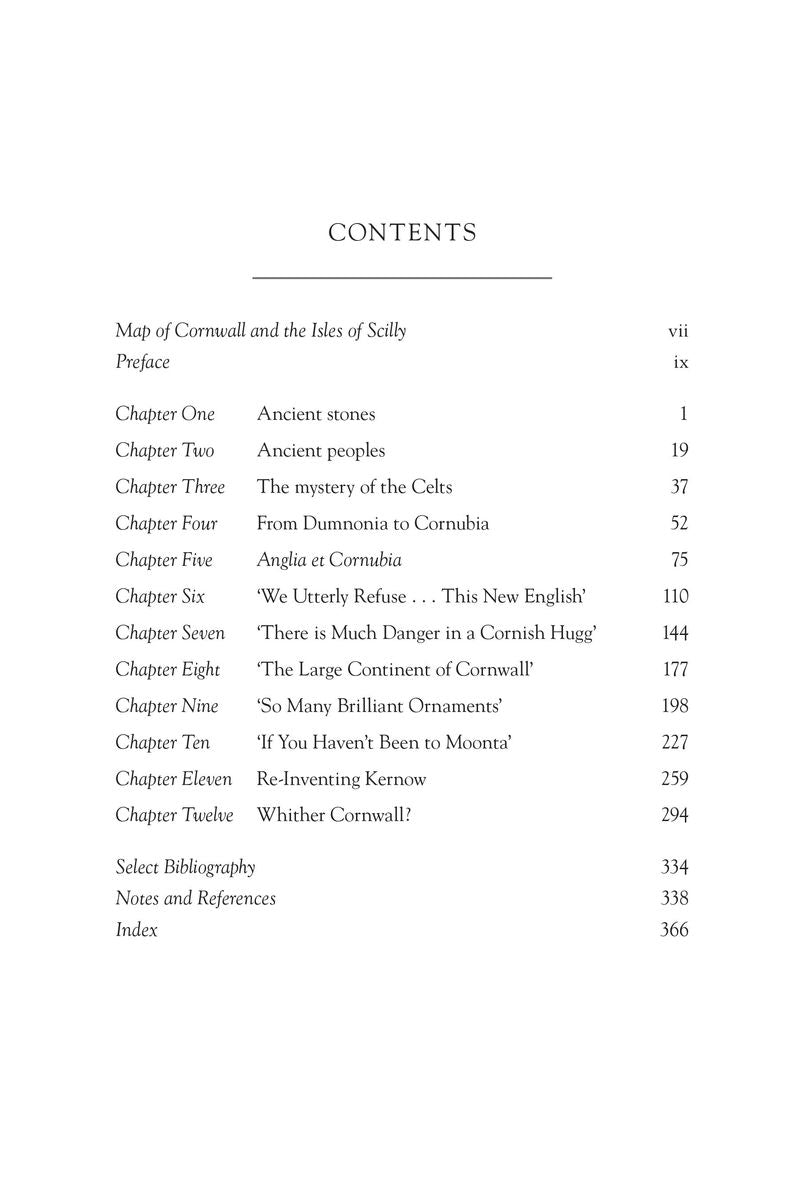
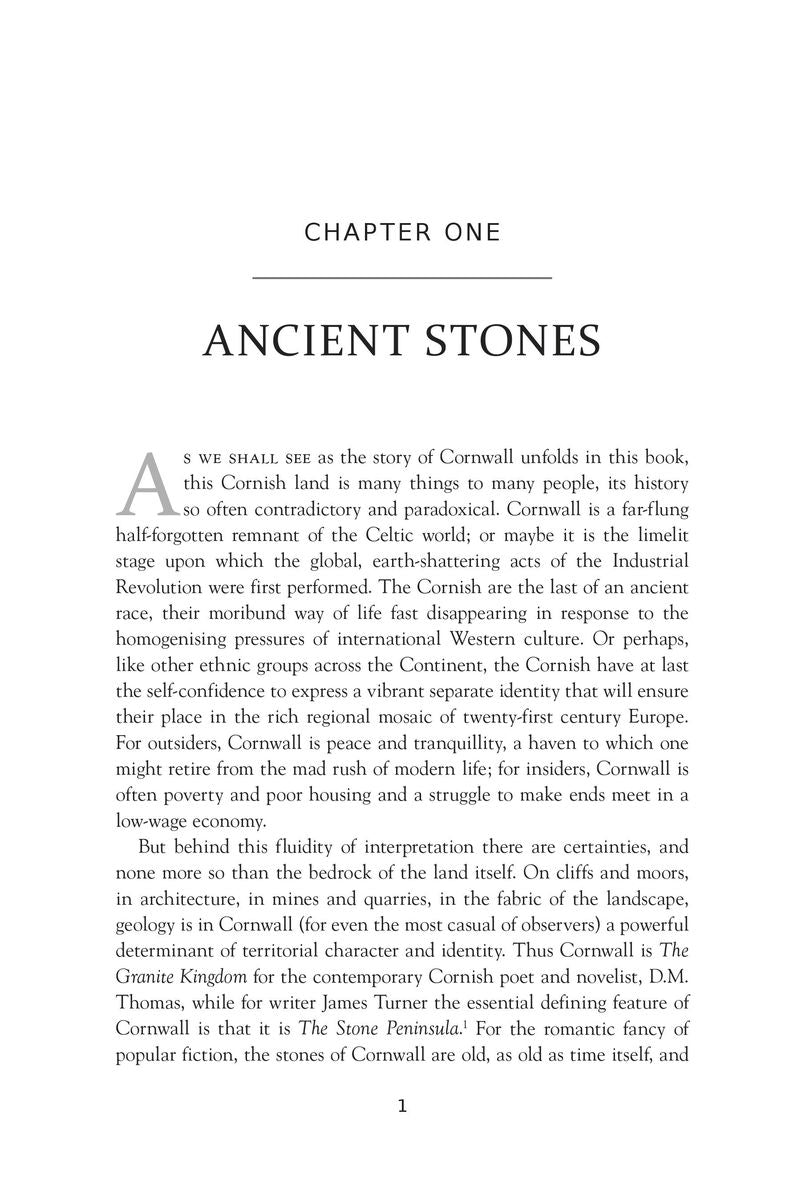
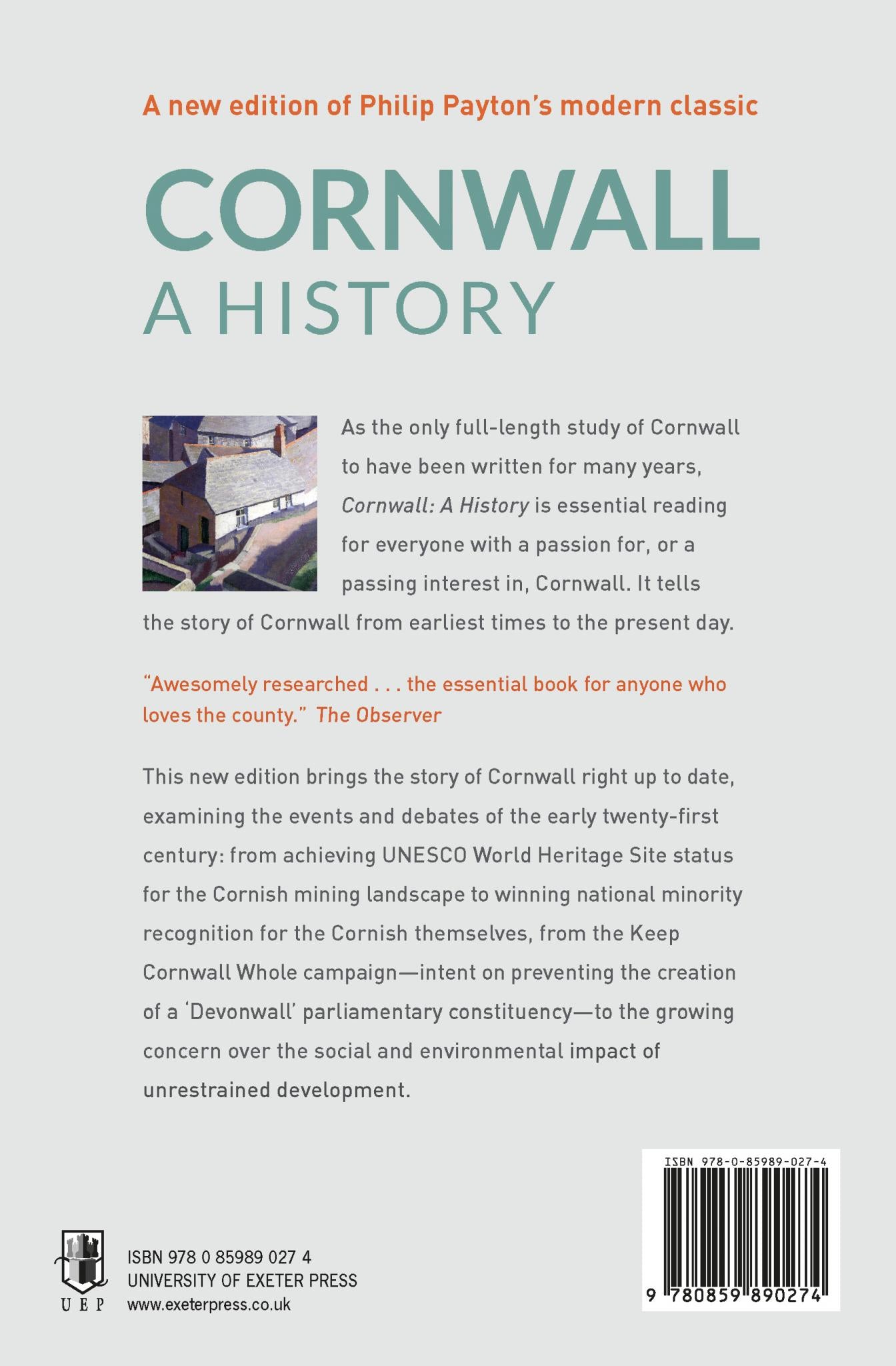
- 392 Pages
A new edition of Philip Payton’s modern classic Cornwall: A History, published now by University of Exeter Press, telling the story of Cornwall from earliest times to the present day.
Drawing upon a wide range of original and secondary sources, it begins with Cornwall’s geology and prehistory, moving through Celtic times to the creation of the kingdom of Kernow and its relationship with neighbouring England. The political accommodation of medieval Cornwall by the expanding English state through the twin institutions of the Duchy and Stannaries is examined, as is the flowering in the middle ages of literature in the Cornish language. Resistance to English intrusion – in the rebellions of 1497 and 1549 and in the Civil War – is explored.So too is Cornwall’s role in the subsequent expansion of Britain’s global influence, and Cornwall as an early centre of the industrial revolution is also discussed.
Mining and Methodism became twin strands of an assertive transnational identity which emigrant Cornish transplanted across the globe in the nineteenth-century. Thereafter, as the book shows, a vigorous Celtic revivalist movement championed the rebirth of the Cornish language and Cornwall’s status as a Celtic nation. At the same time, tourism, with its emphasis on Cornish distinctiveness, moved in the twentieth century to fill the gap left by the decline of mining.
The book concludes by examining the nature of twenty-first century Cornwall, contrasting an apparent heightening of Cornish consciousness with the increasing threats to Cornwall’s environment and identity.
A new edition of Philip Payton’s modern classic Cornwall: A History, published now by University of Exeter Press, telling the story of Cornwall from earliest times to the present day. This edition incorporates the latest research and brings the story of Cornwall right up to date, examining the events and debates of the early twenty-first century.
Philip Payton is the leader of a new generation of historians exploring Cornwall's ambivalent position within the English state, and questioning the view of Cornwall as 'just another English county'. In this book he argues the case for the Cornish as a separate Celtic people, fully deserving a history of their own, and amply succeeds in his stated aim of bringing that history to the widest possible audience.
Professor Mark Stoyle, University of Southampton
[. . .] a new edition of Cornwall: A History is very welcome indeed. It is a key text for anyone working on the history of the Celtic nations, peoples and languages and a very valuable addition to the literature on modern British history.
Professor Christopher Williams, Cardiff University
Western Morning News
from reviews of the 1996 edition:
Will rank among the classic books on Cornwall, if not the finest ever published.
Payton brilliantly brings together myth, fact, people, places, events…gripping.
The Times
Awesomely researched… the essential book for anyone who loves the county.
The Observer
One of the most comprehensive studies (by one of the most learned scholars) of Cornwall and the nature of Cornish identity ever undertaken.
Cornwall Today
Foreword
Introduction
Ancient Stones
The Mystery of the Celts
From Dumnonia to Cornubia
Anglia and Cornubia
‘We Utterly Refuse… This New English’
‘These is Much Danger in a Cornish Hugg’
‘The Large Continent of Cornwall’
‘So Many Brilliant Ornaments’
‘If You Haven’t Been to Moonta’
Re-Inventing Kernow
Whither Cornwall?
Notes and References
Index
- 392 Pages







